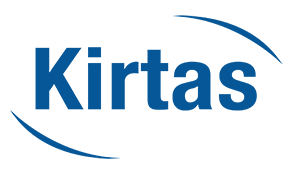June 6, 2016
In 2016 the National Library of Medicine, part of the National Institute of Health and located in Bethesda, MD has begun digitizing most of its historical materials on a “Cobra” V-Cradle scanner purchased from the Ristech Company.The devices are manufactured by Microbox in Germany, and allows for books to be scanned with page size up to 18 x 24 inches at high resolution, in full color, in less than a second. The books rest safely in a 110 degree book cradle and an automated optical glass platen descends onto the pages prior to image capture. The Cobra scanner has two 71mp digital cameras mounted to capture the left and right side pages simultaneously and output them as full color TIFF images. Several books are digitized each day with the scanner.The images from the Cobras are then sent through docWorks® from CCS Content Conversion Specialists GmbH, a software product configured to capture metadata that enhances access to the contents of the scanned volumes. This project will continue for several years and the Library is in the process of purchasing a second Cobra from Ristech to increase production capacity.

The National Library of Medicine began digitizing out-of-copyright material from their collections in 2007 with a pilot project to scan monographs on the subject of cholera from both print and microfilm.Beginning in 2009, the Library expanded the program to include monographs from 1600 through 1860 as part of a Sloan Foundation funded Medical Heritage Library project. The Library continues to digitize monographs from 1861 through 1923, as well as scanning content from specific subject areas, including World War I and World War II. All medical content digitized by NLM is available online at no cost from the Library and via the Internet.






